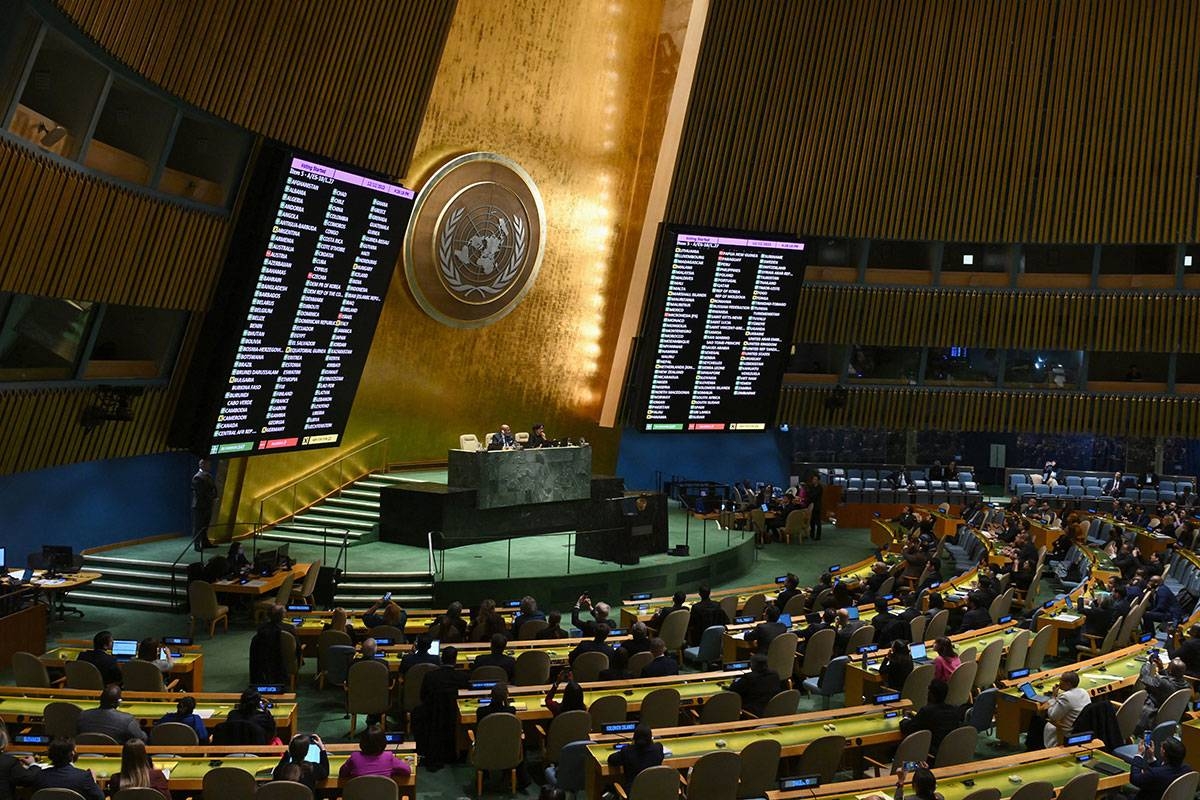The United Nations General Assembly (UNGA) has recently adopted a resolution, sponsored by the Philippines, that focuses on improving water, sanitation, hygiene, and power services in health care facilities. This resolution, titled “Sustainable, safe and universal water, sanitation, hygiene (WASH), waste and electricity services in health care facilities,” highlights three key areas where action is needed.
Firstly, the resolution emphasizes the integration of WASH, waste, and electricity services into health planning, programming, financing, and monitoring at all levels. This integration is crucial to ensure that health care facilities have access to sustainable and reliable services that are essential for providing quality care.
Secondly, the resolution calls for regular monitoring and reviewing of progress, as well as strengthening of accountability. By monitoring the implementation of these services, gaps can be identified and addressed, leading to continuous improvements in the quality of care provided.
Lastly, the resolution emphasizes the importance of developing and empowering the health workforce to deliver and maintain WASH, waste, and electricity services, while also promoting good hygiene practices. A well-trained and supported health workforce is essential for ensuring that these services are effectively implemented and sustained.
The resolution received support from a “core group” consisting of Hungary, Colombia, Egypt, Nepal, and Poland. These countries recognized the urgent need to address the critical gaps that exist in water, sanitation, hygiene, waste management, and electricity services in health care facilities.
During the introduction of the resolution, Ambassador Leila Lora-Santos, chargé d’affaires of the Permanent Mission of the Philippines to the United Nations, highlighted the concerning statistics regarding the lack of basic services in health care facilities. She stated that one in five health care facilities lacks basic water, one in five has no sanitation, one in two lacks basic hand hygiene, one in four does not segregate health care waste, and a staggering 1 billion people access health care facilities without reliable electricity or any electricity access at all.
Lora-Santos emphasized that fully functioning WASH, waste, and electricity services are crucial for preventing infections, reducing antimicrobial resistance, ending preventable maternal and newborn deaths, and responding effectively to outbreaks and emergencies. The core group intends to integrate these discussions into other high-level relevant discussions within the UN, particularly on Universal Health Coverage, Antimicrobial Resistance, and interlinkages across the Sustainable Development Goals (SDGs).
The resolution serves as a call to action, bringing attention to the urgent need for stronger multilateral collaboration to strengthen and consolidate member state commitments, leadership, and investments. The Philippines and Hungary, as co-chairmen of the Group of Friends in support of WASH in health care facilities, initiated and shepherded the resolution throughout the negotiation process. The World Health Organization teams from New York and Geneva provided support and assistance as the secretariat.
The Group of Friends aims to promote effective implementation of the UN Secretary General’s Global Call to Action, which addresses the solvable inadequacies of WASH and related services in hospitals, health clinics, and birthing centers wherever they are needed. By working together, member states can ensure that health care facilities have the necessary resources and infrastructure to provide quality care and improve health outcomes for all.
In conclusion, the adoption of this resolution by the UNGA signifies the international community’s commitment to improving water, sanitation, hygiene, and power services in health care facilities. By addressing the critical gaps in these services, we can enhance the overall quality of care provided, prevent infections, reduce antimicrobial resistance, and save lives. This resolution serves as a reminder of the importance of collaboration and investment to achieve universal access to essential services in health care facilities by 2030.







